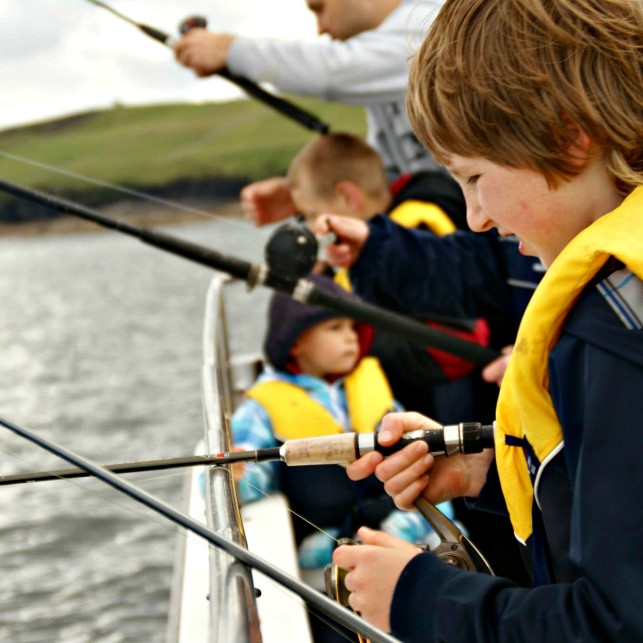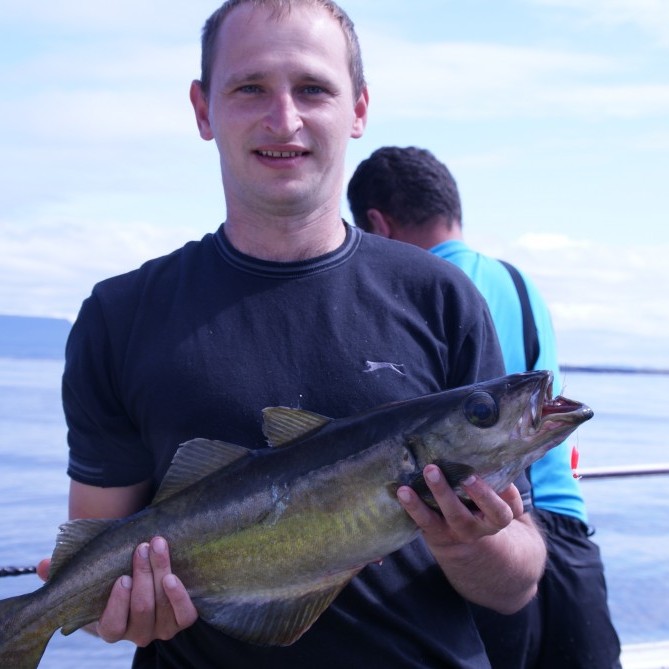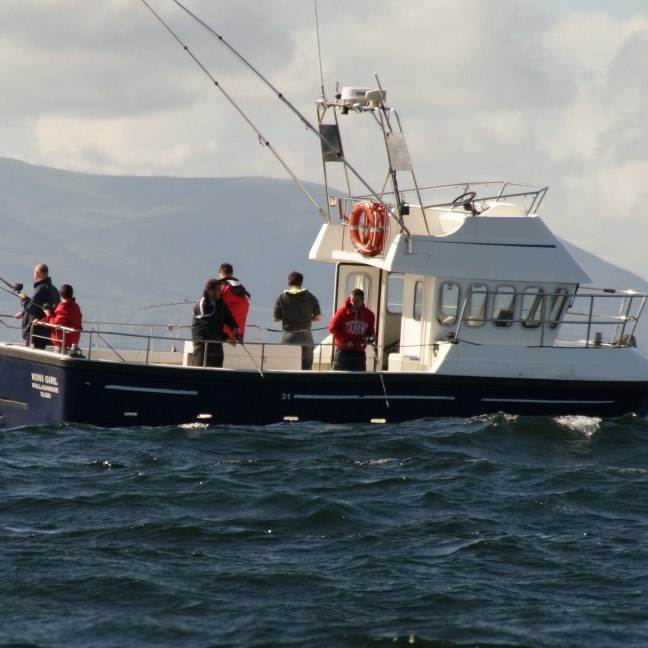Mullaghmore Directions & Location
OFFSHORE WATERSPORTS MULLAGHMORE
BOOK NOW: +353 876100111 / +353 851228303
Offshore Watersports Mullaghmore Directions & Location
Approximate Distances to Mullaghmore
| Place | Distance (kms) | Driving Time (Hrs:Mins) |
|---|---|---|
| Bundoran | 14.9 | 0:15 |
| Sligo | 26.5 | 0:24 |
| Knock Airport | 80.2 | 1:07 |
| Derry Airport | 132 | 1:52 |
| Galway City | 166 | 2:22 |
| Belfast City | 200 | 2:29 |
| Belfast Int. Airport | 200 | 2:32 |
| Belfast City Airport | 206 | 2:34 |
| Dublin city | 234 | 2:58 |
| Dublin Airport | 239 | 2:52 |
| Shannon Airport | 236 | 3:04 |
| Cork City | 348 | 4:36 |
How to reach Mullaghmore
By Car
From Dublin via Sligo: Sligo N4 – N15.Head to Bundoran. Follow Bundoran/Sligo Road. Take left turn at Cliffoney and follow signs to Mullaghmore N3.
From Galway via Sligo: Sligo N17 – N15.Head to Bundoran. Follow Bundoran/Sligo Road. Take left turn at Cliffoney and follow signs to Mullaghmore.
From Belfast via Enniskillen: Head to Ballyshannon. Follow Bundoran/Sligo Road. Take right turn at Cliffoney and follow signs to Mullaghmore.
By Bus
By Rail
By Air
Derry Airport (1 hr 52 mins)
Belfast International Airport (2 hrs 32 mins)
Belfast City Airport (2 hrs 34 mins)
Dublin Airport (2 hrs 52 mins)
Shannon Airport (3 hrs 4 mins)
Classiebawn Castle which overlooks Mullaghmore, was built by Lord Mount Temple in 1874. The estate descended to the Mountbattens through the wife of the seventh Earl of Shaftesbury, a step-daughter of the Prime Minister Lord Viscount Palmerston, who resided in the castle and who also built Mullaghmore harbour back in the mid-nineteenth century. The castle is now privately owned and not open to the public.
Inishmurray Island is located just 4.5 miles off the coast of County Sligo. It is one mile long by a half mile wide. Although isolated, this small 225 acre island was continuously inhabited from the sixth century. In 1880, Inishmurray was home to 102 people but fell to 46 buy the time of its evacuation in 1948.
Today, Inishmurray Island contains the most complete remains of an early Irish monastic settlement as well as the ruins of its nineteenth century houses. It is home to many fantastic plants and wildlife. Boat trips out to Inishmurray Island can be arranged by us.
Creevykeel Dating from the Neolithic Period, 4000-2500 BC, this site is one of the finest examples of a Court Cairn in Ireland. It has a cairn, entrance passage, an oval court and a double chamber gallery.
The Tomb was excavated in 1935 and shortly afterwards restored. The Cairn is wedge shaped and the court (where ritual rites were performed) is some 50 feet in length. The excavations uncovered four cremation burials, decorated and undecorated Neolithic pottery, flint arrow heads, polished stone axes and other artefacts, including a chalk ball.
Driven into Donegal Bay by the storms of September 21st 1588 these three ships of the Spanish Armada, La Lavia, La Juliana and the Santa Maria de Vision, anchored off Streedagh Strand, Co. Sligo. During a further heavy storm on September 25th all three ships were driven ashore and wrecked. Up to 1,100 aboard these ships died cruelly on Streedagh beach.
One survivor Capt. Francisco de Cuellar wrote an account of his adventures in Sligo, his journey to MacClancy’s Castle in Leitrim and his eventual departure from the Causeway Coast of North Antrim.
William Butler Yeats was an Irish poet, dramatist and prose writer. He is said to be one of the greatest English-language poets of the 20th century. William Butler Yeats was born on June 13, 1865 in Dublin. He spent much of his time between Dublin, Sligo & London.
One of his greatest achievements was being awarded the Nobel Prize for Literature in 1923. His poetry varied from The Wind Among the Reeds (1899), The Green Helmet (1910), Responsibilities (1914), The Wild Swans at Coole (1919), Michael Robartes and the Dancer (1921), The Tower (1928), The Winding Stair and Other Poems (1933), A Full Moon in March (1935), and Last Poems (1939).
Yeats died on the 28th of January, 1939, in Roquebrune, France. He was buried there and, in 1948, his remains were brought back to Sligo to rest, as he had wished, “under bare Ben Bulben’s head in Drumcliff churchyard”.
Lissadell House was the childhood home to the Countess Constance Markievicz, patriot and first woman to be elected to the House of Commons at Westminster, and her sister Eva Gore Booth, suffragette and poet. Lissadell was also the inspirational retreat of William Butler Yeats.
Set amidst the rugged splendour of majestic Ben Bulben and Knocknarea, and fronting the wild Atlanitic Ocean, Lissadell was built in 1833 by Sir Robert Gore-Booth and is a magnificent country house designed by Francis Goodwin in the Greek revival style. Lissadell is now the family home of an Irish couple and their seven young children.
Sligo is home to one of Ireland’s most infamous mountain ranges – The Dartry Mountains. Sitting prominently overlooking the Atlantic Ocean is the unusually shaped ‘table top’ Ben Bulben.
It stands at 1739 feet and was formed during the last ice age, when geomorphological processes began to shape the impressive plateau. Ice began creeping through the valleys and cracks in the rock, the underlying shales were eventually eroded by the movement of the ice above. The shale was eroded faster then the limestone above. This caused the slopes to become steeper and left large overhangs of limestone at the top of the valleys. As the ice began to recede, support for the slopes failed and the land began to slip into the valleys below.
Ben Bulben is incredible to look at any hour of the day. Sunset and sunrise cast different shadows emphasising all the hidden cracks and crevises.
The Gleniff Horse Shoe Valley road leads you around a stunning amphitheatre formed during the last ice age. You first pass an old barytes mill from the 19th Century which is also the location of a walkway through native Irish woodland as you continue the road passes the cliffs of Annacoona where small mine entrances are visible high up on the cliff. Up on the cliffs behind the old ruin of the school you can see what, according to the legend, is the cave where Diarmuid and Grainne spent their night together.
-
 + -
+ -
Offshore Kids Sligo - Fishing Trip Mullaghmore Donegal Sligo Bay
Offshore Kids Sligo Fishing Trips are a great way to introduce your child to the sea and the great outdoors sport of sea fishing. Our 2 hour trips are just the right amount of time for your child to learn how to cast, reel and if they're lucky enough catch...
Special Offer:
Activity Price: (Per Child)Read More
-
 + -
+ -
Short 2 Hour Sea Fishing Sligo Donegal Bay Mullaghmore
Offshore Watersports Fishing Sligo Donegal Bay Mullaghnore Trips provide opportunities for adults, kids and groups to participate. Take the family to Mullaghmore for a short 2 hour sea fishing boat trip and they might catch their first fish.
Special Offer:
Activity Price: (Per Person)Read More
-
 + -
+ -
Full Day 7 Hour Sea Fishing Sligo Donegal Bay Mullaghmore
Our Sea Fishing Sligo Donegal Bay Mullaghmore Day Trips are renowned for the fantastic inshore fishing grounds within easy reach of Mullaghmore Harbour where some 30+ species of fish can be caught including Cod, Mackerel, Pollock, Ling, Conger, Bream and even some Large Skate. Offshore Watersports will only bring you...
Special Offer:
Activity Price: (Per Person) Read More



